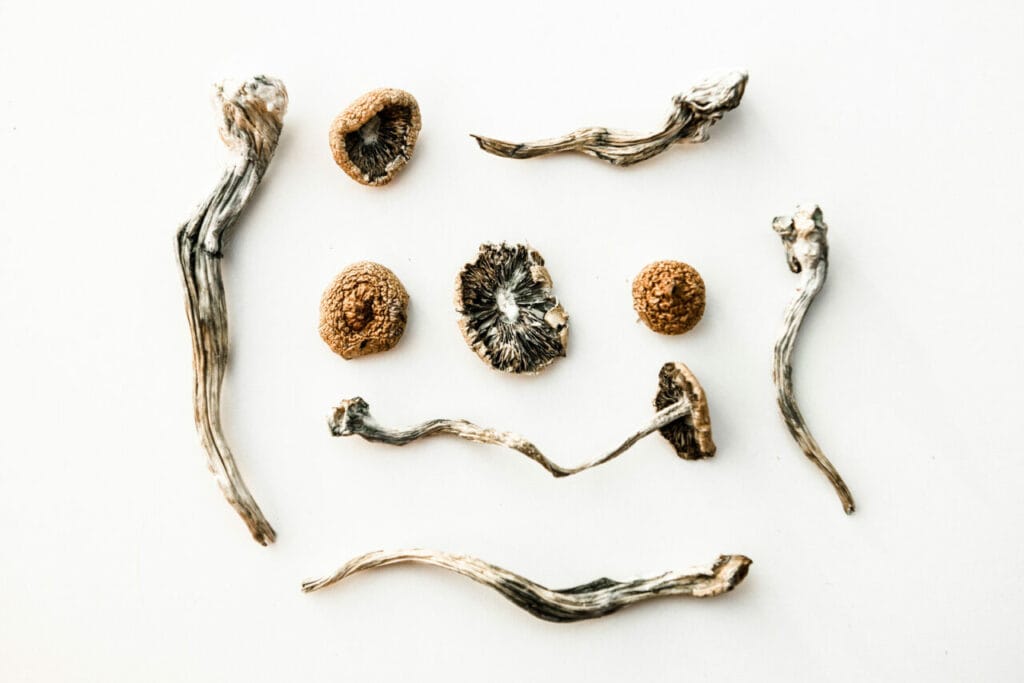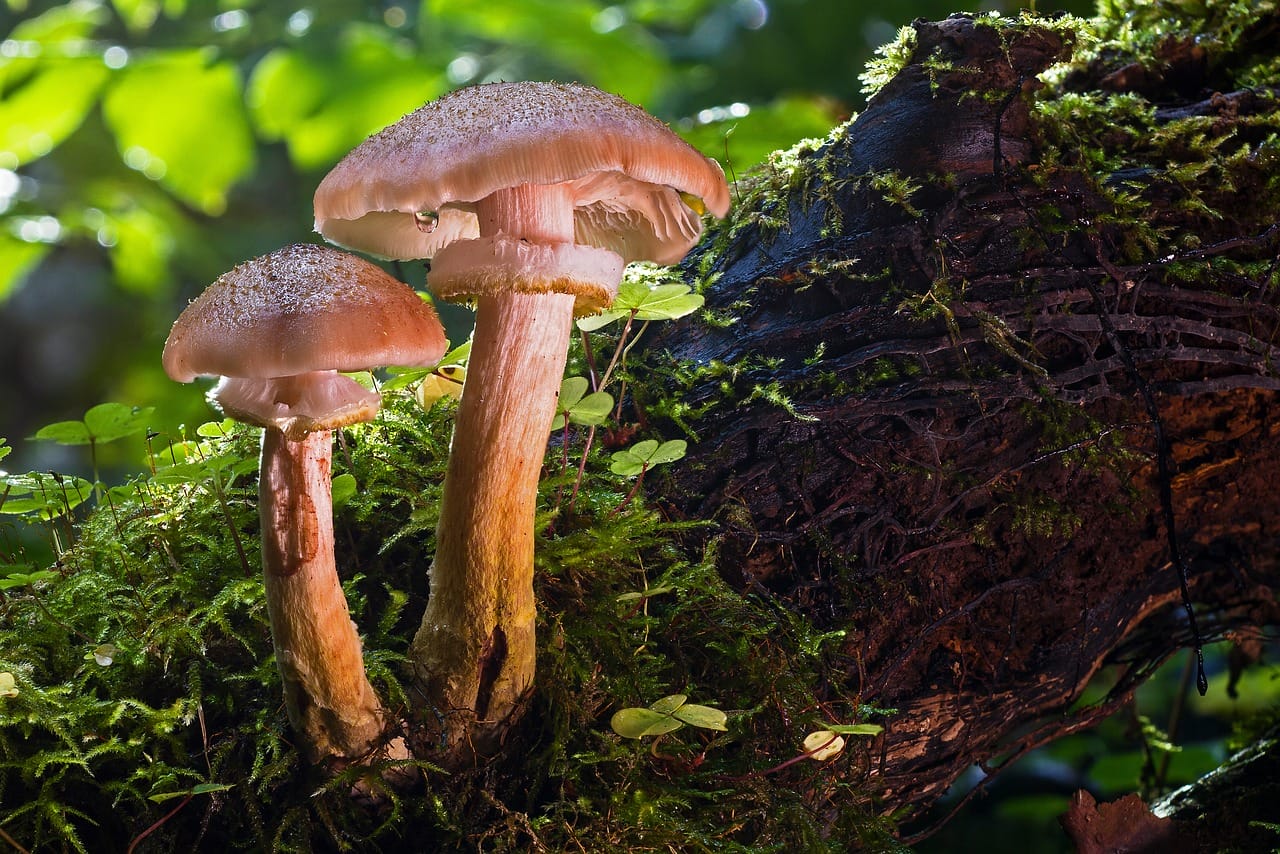Initially, many Canadians viewed magic mushrooms primarily as a psychedelic used for recreational purposes. However, upon studying the active ingredient psilocybin, scientists uncovered its powerful potential for treating an array of mental health conditions.
As more information emerges, our comprehension of psilocybin’s uses continues to evolve. This increased understanding makes it easier for individuals to procure these products through magic mushroom delivery services. A recent study underscores its role in human consciousness. Could this be the reason behind its profound impact on the human brain? Let’s probe further into this fascinating exploration of magic mushroom products.
Key Takeaways:
- Psychedelic magic mushrooms have impacted the cognitive functions of early humans, contributing to their survival.
- Mushrooms play a significant role in neurological health due to their capacity to reduce PTSD, depression, and anxiety symptoms.
- The influence of psilocybin on consciousness and brain function may have bolstered creativity, introspection, and abstract thinking.

The Historical Significance and Usage of Magic Mushrooms
Historical evidence indicates that our ancestors have utilized the power of psychedelic magic mushrooms since ancient times. Indigenous societies used them in sacred rites and traditional ceremonies to honor their gods. These mushrooms are found worldwide, especially in subtropical and tropical areas, including South and Central America, the Caribbean, Southeast Asia, and Africa.
The Significance of Shrooms in Ancient Cultures
Indigenous populations in Mexico have relied on these fungi for spiritual enlightenment, divine communication, and religious rituals since ancient times. The Aztec Indians of South America referred to them as “God’s Flesh” and incorporated them into healing rituals.
Archaeological discoveries point to usage dating back to:
- Around 10,000 years ago in Australia
- Estimated 7,000 years ago in North Africa
- About 6,000 years ago in Spain.





